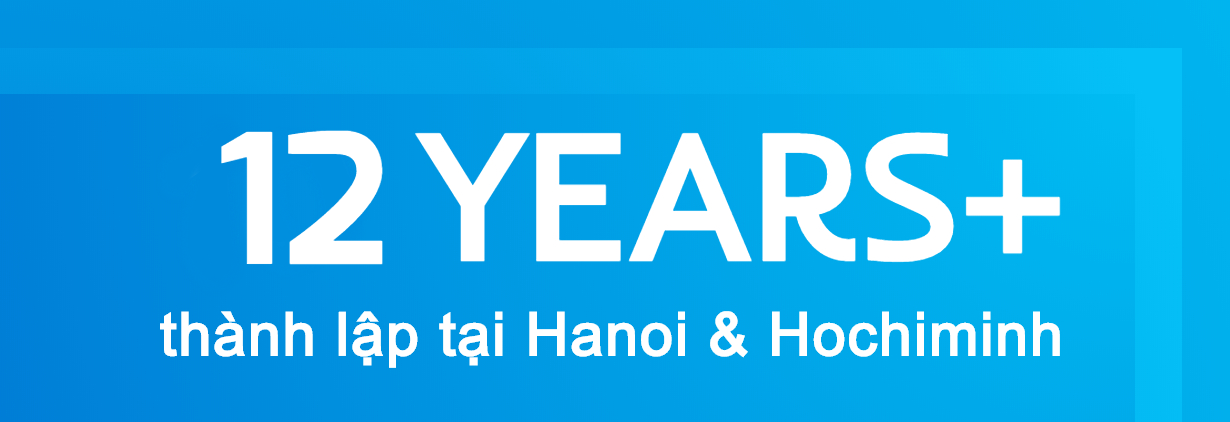Webserver Stress Tool simulates large numbers of users accessing a website via HTTP/HTTPS. The software can simulate up to 10.000 users that independently click their way through a set of URLs. Simple URL patterns are supported as well as complex URL patterns (via a Script file).
Webserver Stress Tool simulates independent users stepping through a set of URLs or through URLs that you can specify using a VB script. Based on parameters you specify, the application not only requests the HTML of a URL but also frames, images, flash files, etc. emulating the same behaviour a web browser would show when accessing the website.
Each user is simulated by a separate thread with his own session information (i.e., cookies for each simulated user are stored separately) and "surfs" the URLs independently from the other users – just like in real-world Web usage.
URLs can be parameterized for each user and the sequence of URLs can be varied. POST and GET requests are supported as well as BASIC HTTP Authentication and several other settings. With the new scripting functionality you can even create highly complex URL patterns for large scale web applications.
Supported Test Types
Webserver Stress Tool supports a number of different testing types. For example
-
Performance Tests—this test queries single URLs of a webserver or web application to identify and discover elements that may be responsible for slower than expected performance. This test provides a unique opportunity to optimize server settings or application configurations by testing various implementations of single web pages/script to identify the fastest code or settings.
-
Load Tests—this tests your entire website at the normal (expected) load. For load testing you simply enter the URLs, the number of users, and the time between clicks of your website traffic. This is a “real world” test.
-
Stress Tests—these are simulations of “brute force” attacks that apply excessive load to your webserver. This type of “brute force” situation can be caused by a massive spike in user activity (i.e., a new advertising campaign). This is a great test to find the traffic threshold for your webserver.
-
Ramp Tests—this test uses escalating numbers of users over a given time frame to determine the maximum number of users the webserver can accommodate before producing error messages.
-
Various other tests—working with Webserver Stress Tool simply gives you more insight about your website, e.g. to determine that web pages can be requested simultaneously without problems like database deadlocks, semaphores, etc.







